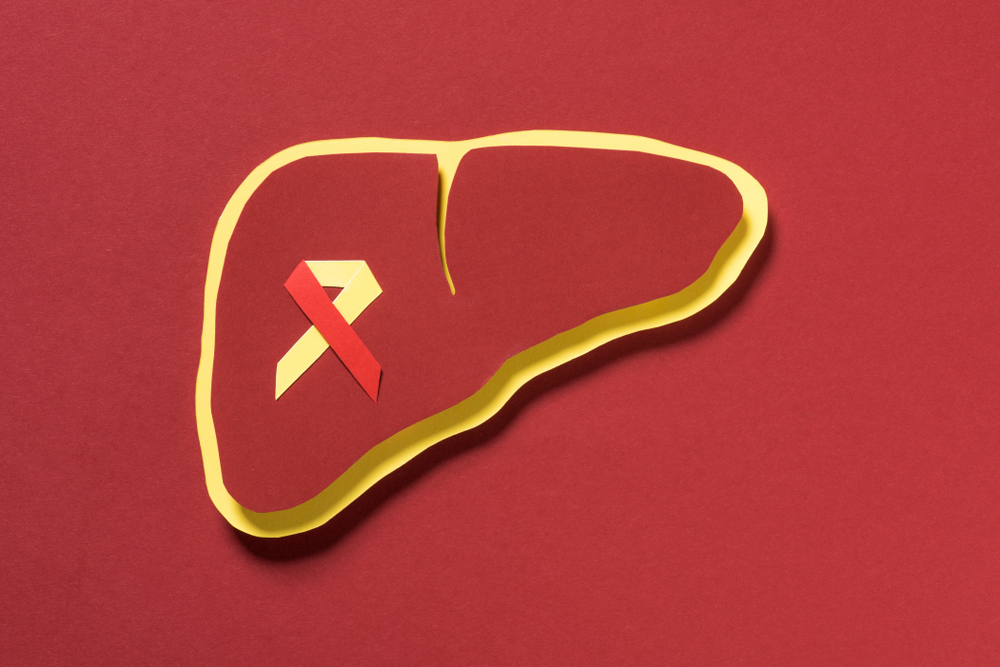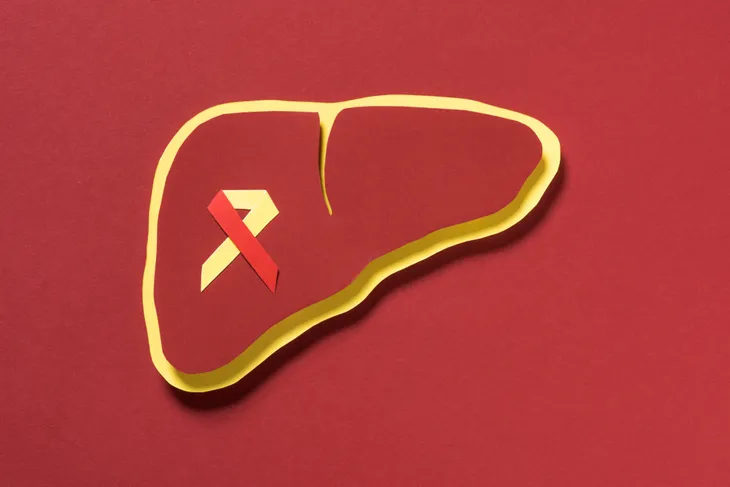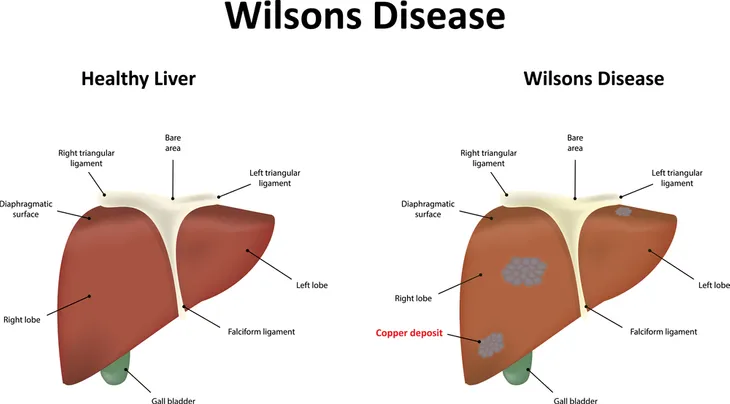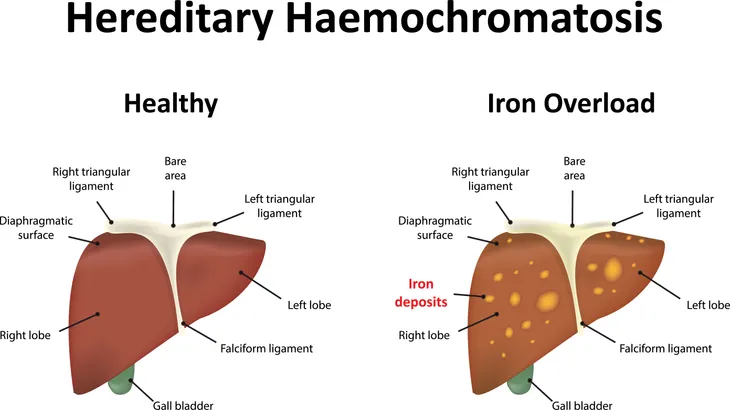Regardless of whether it takes place over many years or a few weeks, liver failure is an absolutely devastating health development that, if left untreated, can result in death. There are essentially two types of liver failure: acute, which can emerge over the course of a very short period (such as a few weeks or even less), and chronic, which tends to last many years.
Although patients with acute and chronic liver failure often experience similar symptoms, the causes of these two conditions (in addition to their treatments) can be unique. But, because the end result, death, can be the same, it’s crucial that everyone fully understands the causes of all types of liver failure.
Excessive Acetaminophen
Many of us reach for acetaminophen (Tylenol) at the first sign of minor or moderate pain, such as a headache or back pain, and in most cases, there’s nothing wrong with doing this, as long as one follows the guidelines for taking this over-the-counter drug.
But, excessive use of acetaminophen can be a big problem. In fact, even just a single large dose of acetaminophen can have a significant impact on the liver and its functionality. Should an individual take an excessive amount of acetaminophen over time, they could do enough damage to cause acute liver failure. In some cases, this excessive use of acetaminophen could result in the need for a liver transplant.
Prescription Medication Overdose
There are a number of prescription medications that, if taken in excessive quantities, can cause major damage to the liver, even leading to acute liver failure. Some of these prescription medications are fairly common, such as antibiotics that are used to treat a wide range of ailments and are prescribed to people of all ages.
Other prescription medications that pose a threat if consumed in excess include nonsteroidal anti-inflammatory drugs (NSAIDs), such as ibuprofen and naproxen, and medications designed to suppress seizures and convulsions. To prevent putting yourself or your family in danger, be sure to ask your physician about the threats posed by any medications present in your home.
Herbal Supplements
Many people feel more comfortable turning to herbal supplements and other more natural remedies when seeking to treat various health conditions. It’s true that many herbal supplements are very safe and, in some cases, come with far fewer side effects than drugs prescribed by doctors.
But, herbal supplements can also present serious health problems, especially if consumed in excess. For example, consuming too much pennyroyal, ephedra, kava, or skullcap can result in acute liver failure. Be sure to thoroughly research any herbal supplement before taking it.
Hepatitis and Other Viruses
There are many different types of hepatitis, including hepatitis A, hepatitis B, and hepatitis E. These are viruses that can have a dramatic (and negative) impact on one’s health in a variety of different ways. One thing that hepatitis A, hepatitis B, and hepatitis E all have in common is that they can all cause acute liver failure if left untreated.
There are a number of other viruses that can do severe damage to the liver, including Epstein-Barr virus, cytomegalovirus and herpes simplex virus. If you’ve been diagnosed with any of these viruses, be sure to have a candid conversation with your physician about taking steps to prevent your liver from sustaining catastrophic damage.
Disease
There are a number of diseases that, by targeting parts of the body in and around the liver, can lead to chronic or even acute liver damage. For example, autoimmune diseases that attack liver cells and cause serious inflammation can result in acute liver failure.
Two other diseases that pose problems for the liver are Budd-Chiari syndrome and Wilson’s disease. Budd-Chiari syndrome is a vascular disease that affects blood flow through the liver and can result in serious vein blockages, while Wilson’s disease is a rare metabolic disease caused by excess copper build up that, if left untreated, can cause acute liver failure.
Genetic Problems
As is the case with many other health conditions, genetics plays a huge role in determining the chances that one will develop some kind of issue affecting the liver. In fact, it’s possible that just a single abnormal gene inherited from a parent could result in chronic or acute liver failure.
Liver diseases linked to genetics and potential liver failure include hemochromatosis (excessive iron build up), Wilson’s disease, excessive urinary excretion of oxalate (hyperoxaluria), and oxalosis. Genetics can also be responsible for the development of cancers affecting the liver, such as bile duct cancer and, of course, liver cancer.
Alcohol Abuse
Drinking alcohol to excess can present an individual with a wide range of health problems, from obesity to the damaging of major organs, including the brain, stomach, and intestines.
Arguably, however, the organ most significantly impacted by chronic alcohol abuse is the liver. This is because it falls on the liver to process alcohol once it’s introduced to the body. Over time, this responsibility can damage the liver, leaving it struggling to perform its regular functions. Just as concerning, excessive alcohol consumption can lead to liver failure, forcing the patient to seek a liver transplant.










